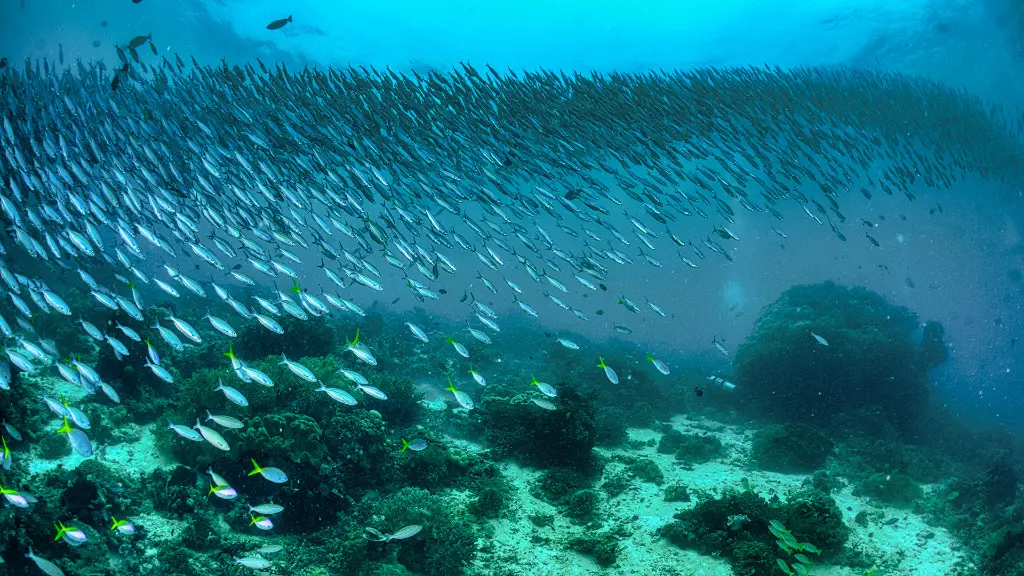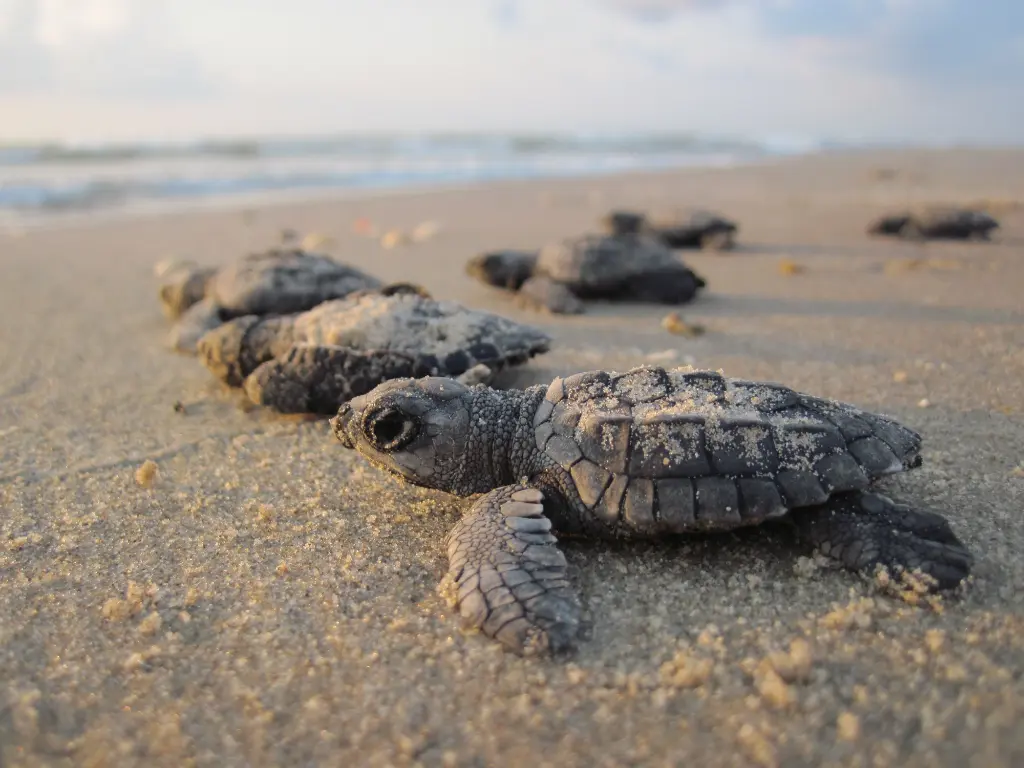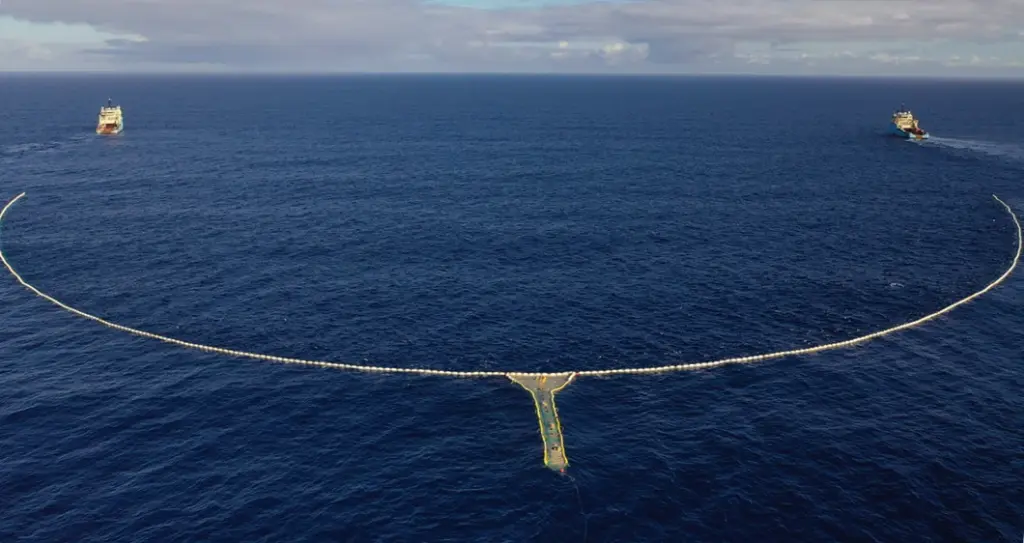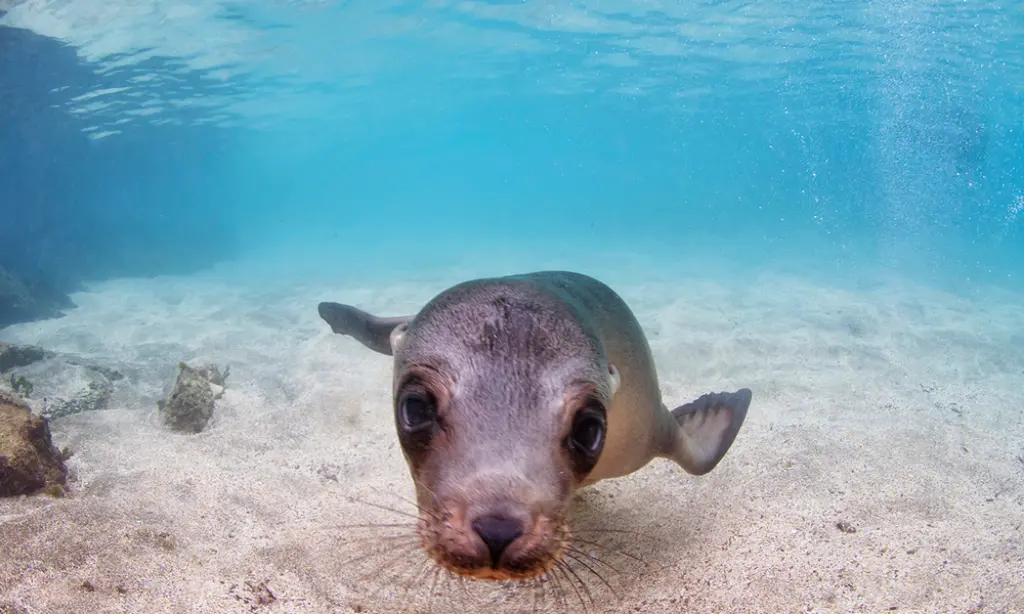The ocean. It’s vast, mysterious, and absolutely vital to our planet’s health and our own well-being. But our oceans are facing unprecedented challenges. Pollution, overfishing, and climate change are taking a serious toll. The good news? We can all play a part in protecting them! This article will break down some key issues and offer practical steps you can take to empower ocean conservation and make waves together.
Understanding the Ocean’s Challenges
Before we dive into solutions, it’s essential to understand the problems our oceans are facing. These challenges are interconnected and require a multifaceted approach.
The Plastic Pollution Crisis
One of the most visible and pressing issues is plastic pollution. Millions of tons of plastic end up in the ocean every year, harming marine life, polluting ecosystems, and even entering our food chain. Animals ingest plastic, mistaking it for food, leading to starvation and death. Larger pieces of plastic can entangle marine life, causing injury or drowning. Microplastics, tiny plastic particles, are particularly concerning as they are easily ingested and can accumulate in marine organisms.
Overfishing and Destructive Fishing Practices
Overfishing occurs when fish are caught faster than they can reproduce, leading to population declines and ecosystem imbalances. Destructive fishing practices, such as bottom trawling, damage sensitive habitats like coral reefs and seamounts, which are crucial for many marine species. When we deplete fish stocks, we disrupt the entire food web, impacting everything from seabirds to marine mammals.
The Impact of Climate Change
Climate change is warming ocean temperatures, leading to coral bleaching, ocean acidification, and sea-level rise. Ocean acidification, caused by the absorption of excess carbon dioxide from the atmosphere, makes it harder for shellfish and corals to build their skeletons and shells. Sea-level rise threatens coastal communities and ecosystems. These changes disrupt marine ecosystems, impacting the distribution and abundance of marine species.
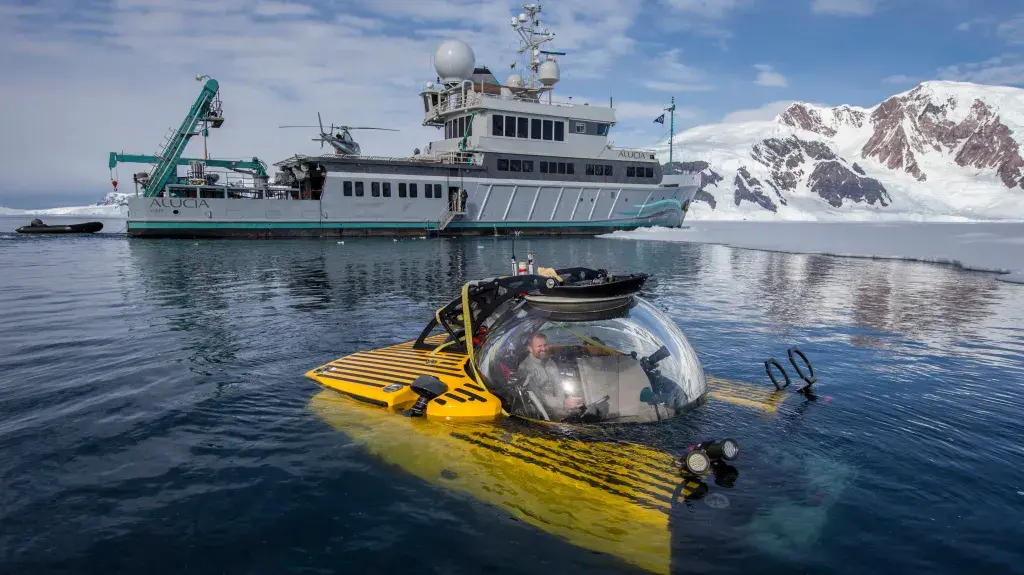
What You Can Do: Practical Steps for Ocean Conservation
Feeling overwhelmed? Don’t be! Even small actions can make a big difference. Here are some simple yet impactful ways you can empower ocean conservation and make waves together:
Reduce Your Plastic Consumption
This is arguably the most impactful action you can take. Here’s how:
- Say no to single-use plastics: Bring your own reusable bags, water bottles, coffee cups, and cutlery.
- Choose products with minimal packaging: Opt for products packaged in glass, paper, or cardboard.
- Recycle properly: Make sure to sort your recyclables correctly.
- Support companies committed to reducing plastic use: Look for brands that are actively working to minimize their plastic footprint.
Eat Sustainable Seafood
Make informed choices about the seafood you consume. Download a sustainable seafood guide or use an app like Seafood Watch to help you choose seafood that is caught or farmed in an environmentally responsible way.
- Look for certifications: Choose seafood certified by organizations like the Marine Stewardship Council (MSC) or the Aquaculture Stewardship Council (ASC).
- Avoid seafood from overfished stocks: Check sustainable seafood guides to identify species to avoid.
- Support local and sustainable fisheries: Buy directly from fishermen who practice sustainable fishing methods.
Reduce Your Carbon Footprint
Climate change is a major threat to our oceans. Reducing your carbon footprint helps to mitigate the impacts of climate change.
- Conserve energy: Turn off lights, unplug electronics, and use energy-efficient appliances.
- Use public transportation, bike, or walk: Reduce your reliance on cars.
- Eat less meat: Animal agriculture is a significant contributor to greenhouse gas emissions.
- Support renewable energy: Choose renewable energy sources for your home and business.
Support Ocean Conservation Organizations
Many organizations are working tirelessly to protect our oceans. Consider donating to or volunteering with these organizations. They often conduct research, advocate for policy changes, and organize cleanups.
- Research reputable organizations: Look for organizations with a proven track record of success.
- Donate your time or money: Even small contributions can make a difference.
- Participate in local cleanups: Help remove trash from beaches and waterways.
Educate Yourself and Others
The more you know about the ocean and the threats it faces, the better equipped you’ll be to make informed decisions and inspire others to take action.
- Read books, articles, and documentaries about ocean conservation: Expand your knowledge about marine ecosystems and the challenges they face.
- Share information with your friends and family: Help raise awareness about ocean conservation.
- Talk to your elected officials: Advocate for policies that protect our oceans.
Making a Difference: It Starts With You
Empowering ocean conservation is a collective effort, and every action, no matter how small, contributes to a healthier ocean. By reducing your plastic consumption, eating sustainable seafood, reducing your carbon footprint, supporting ocean conservation organizations, and educating yourself and others, you can make waves together and help protect our oceans for future generations. The ocean provides us with so much; it’s time we return the favor.

